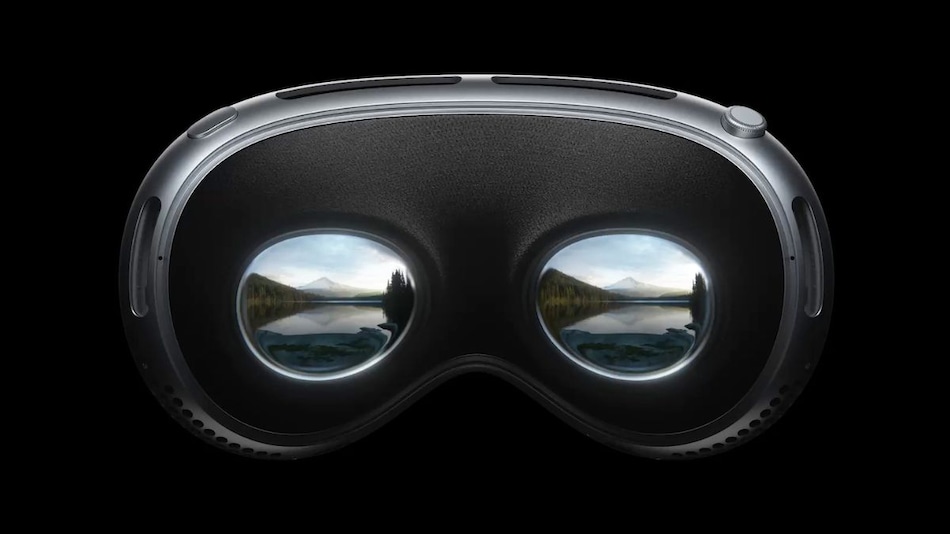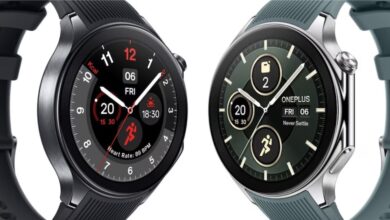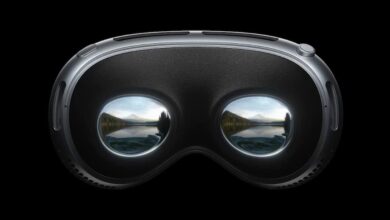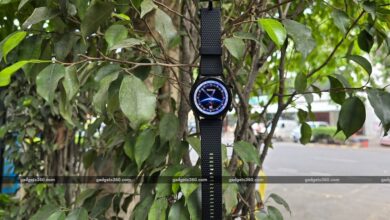The cheaper Apple Vision Pro may feature displays as large as 2.1 inches, but they would be lower in resolution compared to the existing headset.

Apple Vision Pro consists of two 1.42-inch displays with a pixel density of 3,400 ppi
Apple is said to be developing plans for a more affordable version of the Vision Pro – its first-ever mixed reality (MR) headset. While no release date has been revealed and the device isn't even official, it is speculated to launch by the end of 2025. According to a recent report, this new headset may have larger displays but with lower resolution, in a bid to keep the costs down.
Cheaper Vision Pro with lower-resolution displays
According to a report by The Elec, the more affordable version of the Apple Vision Pro may offer large 2.1-inch OLED-on-Silicon (OLEDoS) displays, making them considerably larger than the ones present on the current Vision Pro headset. These screens are tipped to have a resolution of 1,700 pixels per inch (ppi).
At present, Sony is reportedly Apple's primary supplier of these microdisplays. However, its production capacity is capped at 9,00,000 panels per year, and since each headset uses two screens, it translates to a maximum capacity to support 4,50,000 mixed-reality headsets.
To tackle this, Apple is said to have issued a request for information (RFI) – a process to procure technology-related information before a product's development, to other display makers including Samsung and LG to gauge their production capabilities. As per the report, this is not only an attempt to increase the shipments of the Vision Pro but to also establish a stable supply of the displays. However, it is reportedly unclear if both companies will respond to Apple's request.
Notably, the Apple Vision Pro consists of two 1.42-inch displays with a pixel density of 3,400 ppi. These screens are also considered to be one of the key reasons behind the high $3,499 (roughly Rs. 2,90,000) price of the headset, with the displays reportedly costing $456 (roughly Rs. 38,000) alone.
If it comes to fruition, the displays on the more affordable Vision Pro would mean a big downgrade compared to the existing version, but one which may also result in an overall lower price of the mixed reality headset.









